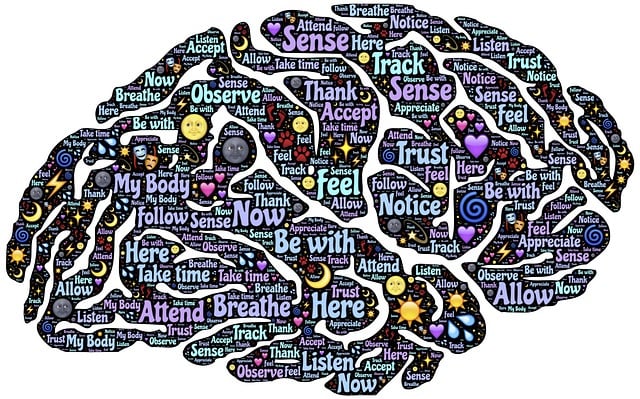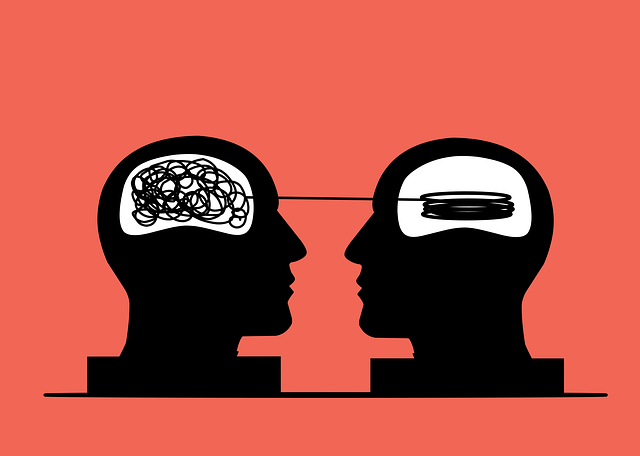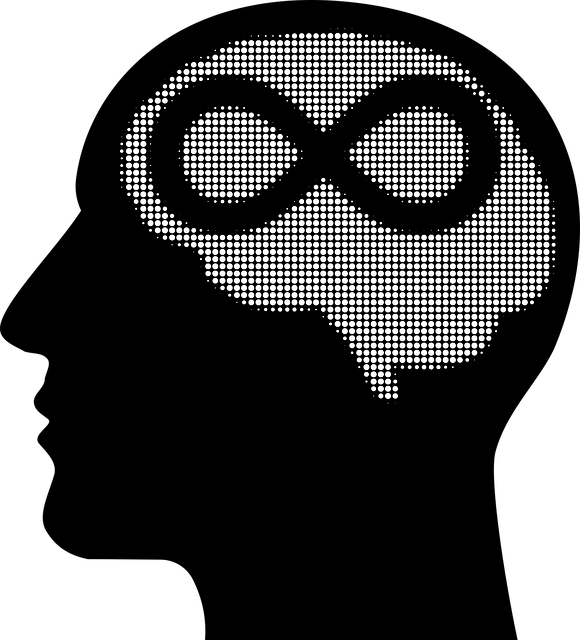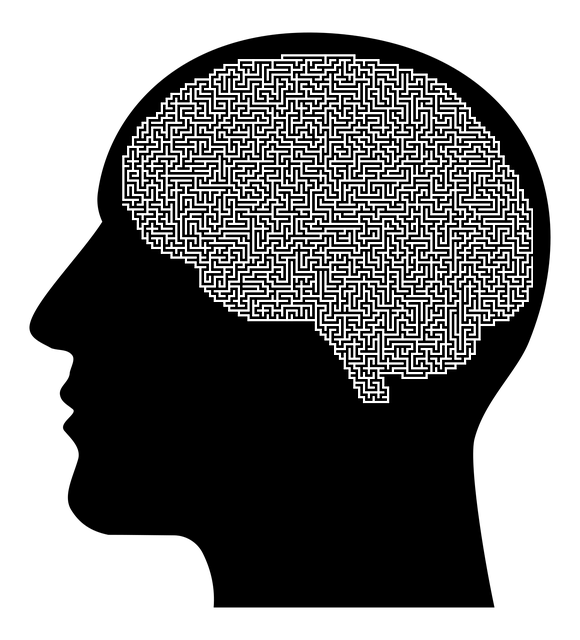Mental wellness self-assessment tools are crucial for individuals in communities like Northglenn with limited access to therapy, especially for the Mandarin Chinese speaking community. These tools enable early detection of mental health issues and promote self-care routines. Northglenn Mandarin Chinese Speaking Therapy provides culturally sensitive sessions in Mandarin, addressing unique needs of immigrants and non-native speakers. Effective assessment frameworks require a tailored approach that aligns with diverse backgrounds and beliefs, fostering trust. Integrating cultural sensitivity ensures equitable care, and mobile apps tailored for this community can revolutionize mental health management, improving mood regulation and access to services.
Mental wellness self-assessment tools play a pivotal role in identifying and addressing psychological issues. This article explores the development of such tools, focusing on innovative approaches like Northglenn Mandarin Chinese Speaking Therapy, which caters to linguistically diverse populations. We delve into effective assessment frameworks and the crucial aspect of cultural sensitivity in mental health evaluations. Additionally, we discuss future directions that could enhance access to care, highlighting the impact of these tools in promoting holistic mental wellness.
- Understanding Mental Wellness Self-Assessment Tools
- The Role of Northglenn Mandarin Chinese Speaking Therapy
- Developing Effective Assessment Frameworks
- Integrating Cultural Sensitivity in Mental Health Evaluations
- Future Directions and Impact on Access to Care
Understanding Mental Wellness Self-Assessment Tools

Mental wellness self-assessment tools are valuable resources designed to help individuals gauge their emotional and psychological state. These tools play a pivotal role in promoting mental health awareness, especially among communities where access to therapy or counseling may be limited, such as Northglenn’s Mandarin Chinese speaking community. By incorporating these assessments into regular routines, individuals can gain insights into potential areas of concern, enabling early intervention and better risk management planning for their mental health.
For healthcare providers, integrating emotional well-being promotion techniques into their practice is essential. This involves not only administering self-assessments but also teaching clients how to interpret the results and take proactive steps toward enhancing their mental wellness. Additionally, providing training on cultural competency ensures that professionals like those at Northglenn Mandarin Chinese speaking therapy centers can offer tailored care, addressing unique challenges faced by diverse patient populations.
The Role of Northglenn Mandarin Chinese Speaking Therapy

Northglenn Mandarin Chinese Speaking Therapy plays a pivotal role in the development and accessibility of mental wellness self-assessment tools, particularly for communities with limited English proficiency. By offering therapy sessions in Mandarin Chinese, this initiative caters to a diverse segment of the population who may face barriers when seeking emotional well-being promotion techniques. The therapy provides a safe space for individuals to express their feelings and work through emotional healing processes, often enhanced by cultural sensitivity and understanding.
Integrating Northglenn Mandarin Chinese Speaking Therapy into mental health support not only facilitates self-care routine development for better mental health but also ensures that culturally relevant resources are available. This approach is crucial in addressing the unique needs of immigrants, refugees, and other non-native speakers who may require tailored strategies to navigate their mental wellness journeys effectively.
Developing Effective Assessment Frameworks

Developing Effective Assessment Frameworks for mental wellness involves tailoring tools to meet diverse needs, especially considering the unique cultural context of Northglenn Mandarin Chinese Speaking Therapy communities. Therapists should incorporate assessment methods that resonate with individuals’ backgrounds and beliefs, fostering a sense of comfort and trust. This might include integrating Self-Care Practices and Stress Reduction Methods that align with traditional healing practices or everyday routines within these communities.
Effective frameworks should not only gauge mental health status but also explore emotional experiences and coping strategies. By delving into the Emotional Healing Processes specific to diverse populations, therapists can design interventions that are both culturally sensitive and impactful. This approach ensures that assessment tools truly support individuals in navigating their mental wellness journeys holistically.
Integrating Cultural Sensitivity in Mental Health Evaluations

Integrating cultural sensitivity into mental health evaluations is a critical step toward providing equitable care for diverse communities, including Northglenn’s Mandarin Chinese speaking population. Mental wellness self-assessment tools must be developed with an awareness of cultural nuances to ensure they are accessible and relevant to individuals from various backgrounds. For example, what might be considered normal emotional expression in one culture could be viewed differently in another, impacting how individuals share their experiences during an assessment.
By incorporating strategies that respect and accommodate these differences, such as offering therapy in Mandarin Chinese and ensuring therapists are trained in cultural competency, we can facilitate meaningful Emotional Healing Processes. Furthermore, Self-Care Practices tailored to cultural preferences can enhance the therapeutic experience. Similarly, Trauma Support Services that recognize and address cultural barriers can be life-changing for those who have experienced traumatic events, fostering a sense of safety and trust within the therapeutic environment.
Future Directions and Impact on Access to Care

The development of accessible mental wellness self-assessment tools has the potential to significantly impact healthcare systems and communities worldwide. One notable direction is the integration of technology, such as mobile applications, which can make assessments more convenient and reduce barriers to care, especially for hard-to-reach populations like Northglenn Mandarin Chinese speaking individuals seeking therapy. These digital tools could offer personalized recommendations for self-care practices, early intervention strategies, and crisis intervention guidance, thereby improving mood management and depression prevention.
Furthermore, the incorporation of cultural sensitivity in these assessments is crucial. By considering linguistic nuances and cultural beliefs, especially when translating into languages like Mandarin Chinese, therapists can ensure that interventions are relevant and effective. This approach could lead to more inclusive healthcare services, encouraging individuals to seek support for their mental wellness proactively, ultimately reducing the burden on traditional therapy settings.
Mental wellness self-assessment tools play a pivotal role in enhancing access to care, especially for linguistically diverse populations. The development of effective frameworks, such as those informed by Northglenn Mandarin Chinese Speaking Therapy, integrates cultural sensitivity and improves mental health evaluations. By leveraging these tools, we can ensure that everyone receives tailored support, fostering better mental wellness outcomes. Future research should continue to explore innovative approaches and their impact on underserved communities.













